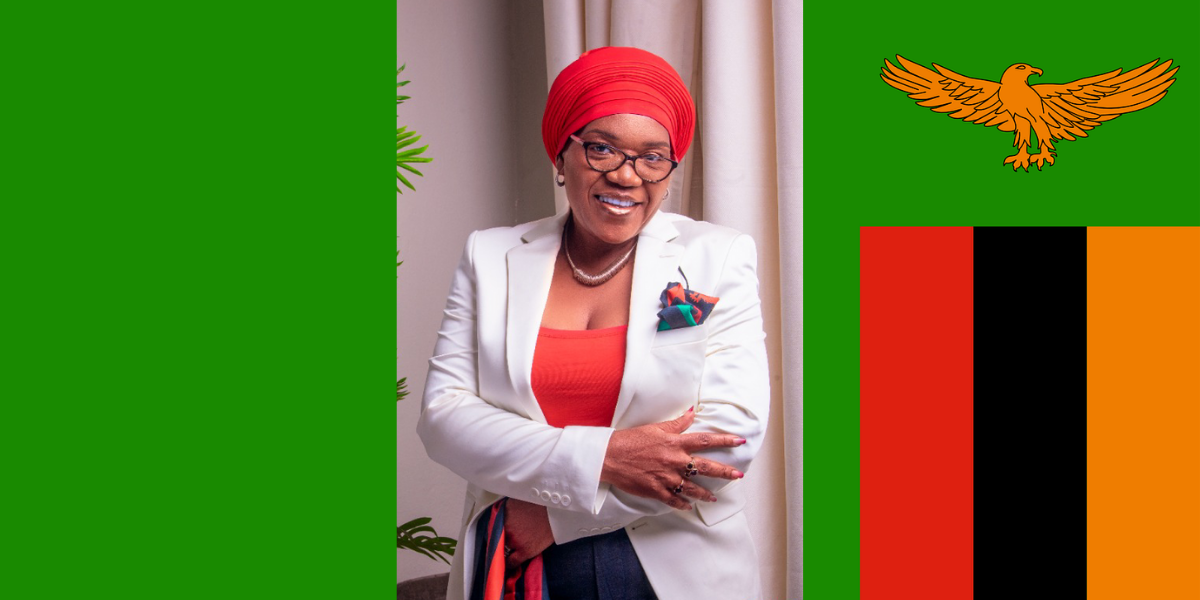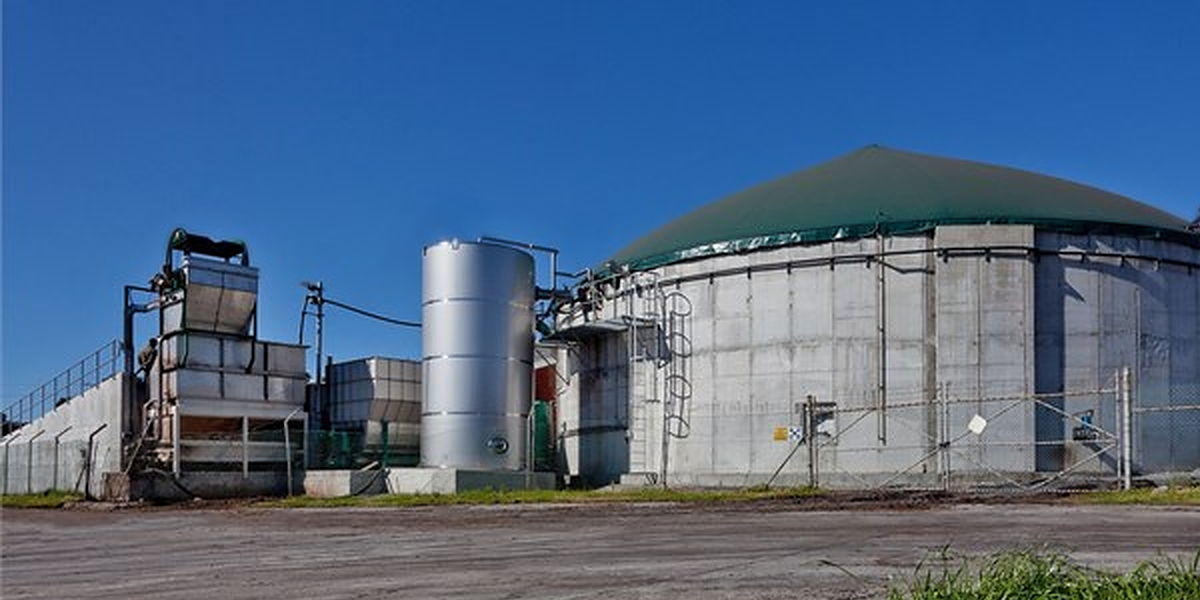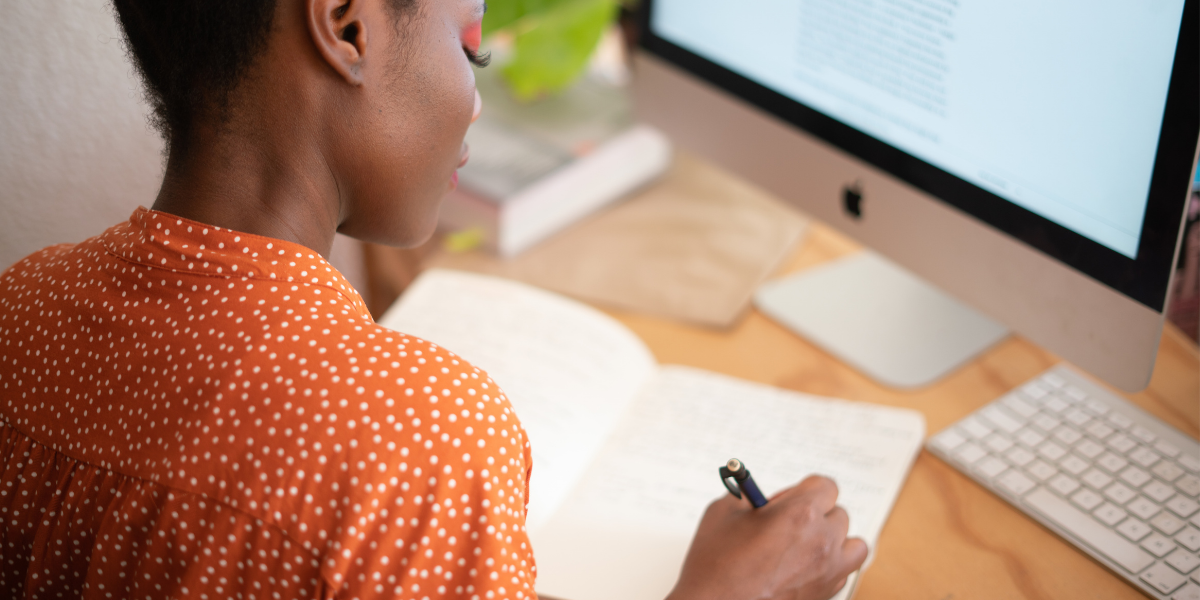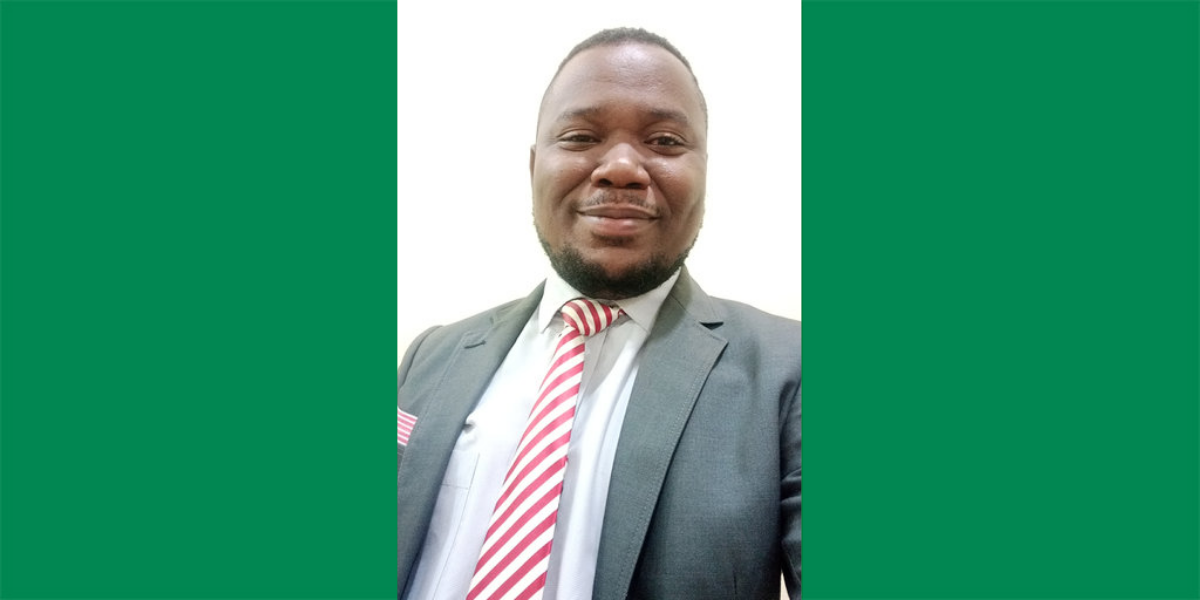
Sylvia B Mwansa holds a Master of Business Administration International (MBA(I) from Edith Cowan University, Australia. Her Unique Value Proposition is that, she is an Organizer, Effective and Efficient Communicator, who believes in bringing out positive attributes in self and others with a total belief that ‘There is enough for everyone’.
Nicknamed “Sunshine” because of her happy character, Sylvia has been an entrepreneur for over twenty-seven years. She is the Founder and CEO of SBM (Simply Best Merchandise) Investment Limited (est. 1994) which has enabled her to become a leader in the Fashion Industry with numerous plaudits including dressing Presidents, First Ladies and VIPs. She is also passionate about etiquette and teaches those that need it for public office and or for personal knowledge. Her business portfolio extends to printing and advertising solutions in addition to Consulting: Change Agent, Facilitator/Teacher, Executive and Leadership (Business & Relationships) Life Coach with Neural Linguistic Practitioner (NLP).
Passionate about Women Empowerment with Leadership, Networking for Success and an active Change Agent, she has achieved many firsts: First Woman of Colour to lead as President of Ladies Circle International, (www.ladiescircleinternational.org) 2004-Romania, 2005-Iceland, 2006-The Netherlands, 2007-Estonia and made Life Member in appreciation. First Woman as Zambia Chambers of Commerce and Industry Vice President in charge of Commerce & Trade for 8 years up to 2021. A member of the Chartered Institute of Arbitrators (CIArB), A Fellow of the Institute of Directors (FIoD). A life-long learner and Teacher at heart, she has mentored many young men and women in business and in life skills.
Sunshine Sylvia is a doctoral candidate in Business Administration (DBA) at the Binary University, Malaysia in partnership with the University of Zambia. A wife, mother and grandmother who is a firm believer in balancing her Wheel of Life in the six core areas of Family & Home, Physical & Health, Finance & Career, Social & Cultural Mental & Educational, as well as Spiritual & Ethical wellbeing which she facilitates to Leaders.
Sylvia is an Entrepreneur in Residence at the Lancaster University (LU), UK arising from the Women Innovators Network of Africa (WINA) platform of the Recirculate Project of the LU. In networking for success and love to serve those less privileged than herself in community service, Sylvia is a founder President for Agora International in Zambia, a forerunner to Ladies Circle International. She is an international Distributor of the Jeunesse Global Beauty and Wellness products that has changed her world in wellness.
Give us a sense of your current work and affiliations.
Since the advent of Covid-19 which has forced our Core Business in the Boutique Fashion Business to scale down (closed all outlets in three Shopping Malls due to inability to afford rentals that were pegged in foreign currency and negatively affected by a volatile local currency) and relocate to one place outside the Mall in order to keep the SBM Brand visible and relevant. Having survived Covid-19 in isolation at a Covid-19 Centre, I knew that God has better things for me to do. I had been writing and reviewing a Tool for Mindset Change for a while to be specific over 6 years. This tool had been ready, but I had been procrastinating since the core business was taking precedence. However, the light bulb popped out while in hospital to launch the Mindset Change Program. As a Teacher/Facilitator, I fell on this inherent gift and launched the Tool in June 2021utilizing the renovated Workshop at our home (we live on a 5-acre property) to maximize the advantage of rent-free facilities to start this Mindset Change Process® Program (MCP). It has turned out to be a program that almost everyone needs. From Corporates, Entrepreneurs, MSMEs, NGO world, to students and candidates as well as survivors of the Covid-19. Contents of this program and enrolment procedure for the Mindset Change Process® Program (MCP) program is as follows:
- The Workbook® – One must plan for 16 hours minimum (spread over 5 days) of training using the workbook in a Workshop.
- As the training is going on, and through the participation, it is part of the process of unlearning the old mindset and habits that have been acquired over a long period of time. This is because CHANGE is a process and one-off activity. Once this is done, a Success planner is given.
- The Success Planner® – The biggest game changer and differentiation from the training we have been used to, is that after the 16 hours, the participant moves to the practical process through the success planner® where the participant PRACTICALLY practices the process to mindset change through daily activities. The daily activities are centered around the assumed normal way of living in the 6 areas of life as shown in the Wheel of Life (Family & Home, Financial & Career, Mental & Educational, Physical & Health, Social & Cultural and Spiritual & Ethical). This is for an initial period of 3 months.
- The 3 months period in Success Planners are done quarterly (January to March, April to June, July to September and October to December) in order to monitor progress. Monitoring, Coaching and Mentoring during this period is what makes the Change Process to become a way of life (Change to happen!!). The program can be delivered anywhere and to anyone who knows how to read and write.
I Have an Accreditation Certificate with the Technical Education, Vocational and Entrepreneurship Training Authority (TEVETA) as an Assessor, Examiner and Trainer in Motivation, Mindset Change and Personal Growth. I am also a member of the Global Corporate Governance Forum.
How did you get to hear about and engage with RECIRCULATE as a project?
One day, I received a call from a Dr Akanino Odon sharing that he had been referred to me by the Immediate Past President of the Zambia Chambers of Commerce and Industry…who was referred by the Institute of Arbitrators in Zambia. Three weeks later, I was on a local flight from Lusaka to Kitwe to participate in a RECIRCULATE project with participants from other African Countries with the Copperbelt University of Zambia. Out of this program, I was one the four ladies installed as Power Ladies that was part of the formation of the Women Innovators Network of Africa (WINA). The Power Ladies were invited to take part in the RECIRCULATE program in residence. This RECIRCULATE Residence program opened a lot of opportunities for me as I got to know and networked with others at the University and beyond.
What has been your experience engaging with the RECIRCULATE project so far?
The experience has been phenomenal, I appreciate everything that has evolved from the RECIRCULATE Project. For example, the Entrepreneur in Residence at the Lancaster University (LU). I have had experience with the student’s interactions helping them with their research projects through Webinars and Zoom sessions. I too have learnt a lot from that as I was being asked the questions especially in Entrepreneurship. Interactions with fellow EiR in discussions that bring out some solutions to our own businesses especially during the Covid-19 period. I have and still benefit from the wisdom of those that are equipped with the resource to mitigate the challenges. Another example is that I was linked to a source in Egypt that was ready to help with production of garments. However, it came with unaffordable costs that limited the utilization of this opportunity because the resources were just not there at this particular time. Unless, there is funding, the opportunity will have to wait. The experiences are many and are still coming despite continuous changes in the world. We are stronger together as a community.
What do you consider are the two biggest challenges that research faces in Africa?
According to Zarah (2021), the main purposes of research are to inform action, gather evidence for theories, and contribute to developing knowledge in a field of study. She goes on to share seven reasons why research is valuable and necessary in our daily lives. Firstly, it’s a tool for building knowledge and facilitating learning. Secondly, it’s a means to understand issues and increase public awareness. Thirdly, it helps us succeed in business. Fourthly, it allows us to disprove lies and support truths. Fifth, it is a means to find, gauge, and seize opportunities. Sixth, it promotes a love of and confidence in reading, writing, analyzing, and sharing valuable information. Seventh, it provides nourishment and exercise for the mind. However, the process of student research has some challenges.
One of the challenges that research faces is that Research undertaken may not have been their primary desire from the student. The main aspiration maybe that to attain academic qualifications, work satisfaction by the type of qualification being requested for to enter the particular job, and the worst challenge is the desire to fulfill parents’ dreams.
From my experience, the other challenge is funding as research is an expensive undertaking. This also bring the lack of mentorship by those involved in making sure that the research is done. In addition, the researcher sometimes luck writing skills to complete the work done in the specified field. Finally, when the researcher concludes the research, there is not much interest in the researched work by those that need to use the information especially Policymakers.
What are your views of the state of waste management in Africa – what are the challenges you see?
Africa is facing a growing waste management crisis. While the volumes of waste generated in Africa are relatively small, compared to developed regions, the mismanagement of waste in Africa is already impacting human and environmental health. However, Africa is set to undergo a major social and economic transformation over the coming century as its population explodes, cities urbanize and consumer purchasing habits change. This is expected to lead to exponential growth in waste generation, which will put considerable strain on already constrained public and private sector waste services and infrastructure, and further exacerbate the current state of waste management. In fact, the rate of growth in waste generation in Africa is expected to be so significant that any decrease in waste generation expected in other regions globally will be overshadowed by Africa, particularly Sub-Saharan Africa.
Good waste collection services are often only found in the city centers, while municipal waste services in suburbs and peri-urban areas are usually poor. The situation is much worse in rural areas where often no formal waste collection services exist. Current waste management collection services in most African countries are therefore completely inadequate resulting in the leakage of waste into the environment, including the freshwater and marine environment (Intechopen 2020).
This situation holds for my country, Zambia. According to the United Nations (UN), Zambia’s overall goal of waste management is to collect and dispose of waste generated by the population in an environmentally and socially sustainable manner. A study by WOIMA, a Finnish waste management organization, revealed that the Zambian government has over the years made some strides in waste management, including the construction of a landfill near the Capital City, Lusaka. However, Lusaka city is facing challenges in waste management due to indiscriminate illegal dumping and littering, and a public that seems insensitive to garbage around it or probably lacking awareness of what represents waste management. Further, there are a lot of illegal players in waste management. In addition, the volume of waste generated increases at a faster rate than the capacity of the city authorities to mobilize financial resources to deal with the challenge. Currently, the Lusaka City Council is struggling to provide the waste management service due to tight budget and inadequate as well as malfunctioning equipment. Consequently, inefficient collection practices with variable levels of service, poor and unhygienic operating practices characterize Lusaka and all other urban centers in Zambia. This problem is exacerbated by increased illegal and indiscriminate dumping of waste. In addition, private waste management players are not all registered and supervised or monitored, and do not collect from or dump at designated places. There are laws in place that prohibit indiscriminate dumping of waste, but the enforcement mechanism is moribund.
In your view, what are the two key Sustainable Development Goals (SDGs) that you believe RECIRCULATE addresses as a project and which two goals should it be addressing even more?
The Sustainable Development Goals (SDGs), also known as the Global Goals, were adopted by the United Nations in 2015 as a universal call to action to end poverty, protect the planet, and ensure that by 2030 all people enjoy peace and prosperity. The 17 SDGs are integrated in that they recognize that action in one area will affect outcomes in others, and that development must balance social, economic and environmental sustainability. Countries have committed to prioritize progress for those who are furthest behind. The UN further contend that the SDGs are designed to end poverty, hunger, AIDS, and discrimination against women and girls.
However, the creativity, knowhow, technology and financial resources from all of society is necessary to achieve the SDGs in every context. Therefore, in regard to RECIRCULATE, the two key SDGs that I believe it has addressed as a project are SDG 6 Clean Water and Sanitation and SDG 11 Sustainable Cities and Communities. The two goals which RECIRCULATE should be addressing even more is SDG 3 Good Health and Well-being because of the current situation that has been brought about by the Covid-19 pandemic which has devasted the whole world. The other is SDG 9 Industry, Innovation and Infrastructure whose one of the targets is to Develop quality, reliable, sustainable and resilient infrastructure, including regional and transborder infrastructure to support economic development and well-being, with a focus on affordable and equitable access for all.
Do you have any final thoughts?
My final thoughts are that the RECIRCULATE Project is well placed to make a positive impact and a lot of difference in the lives of Researchers, students, staff and the stakeholders that are collaborating with the project. When most if not all the research and collaboration undertaken can be directed to being put and actioned on, so that they can be utilized in real business and productivity that produces results that can generate income to improve the lives of Researchers and those collaborating with the University. If those that have researched on the project cannot make good use of research results, the project can be sold as readily implementable project which industry can procure, with the support of the University while the Researchers get rewarded for the work done and jobs are created for the graduating youth.
All articles in The FLOW are published under a Creative Commons — Attribution/No derivatives license, for details please read the RECIRCULATE re-publishing guidelines.




